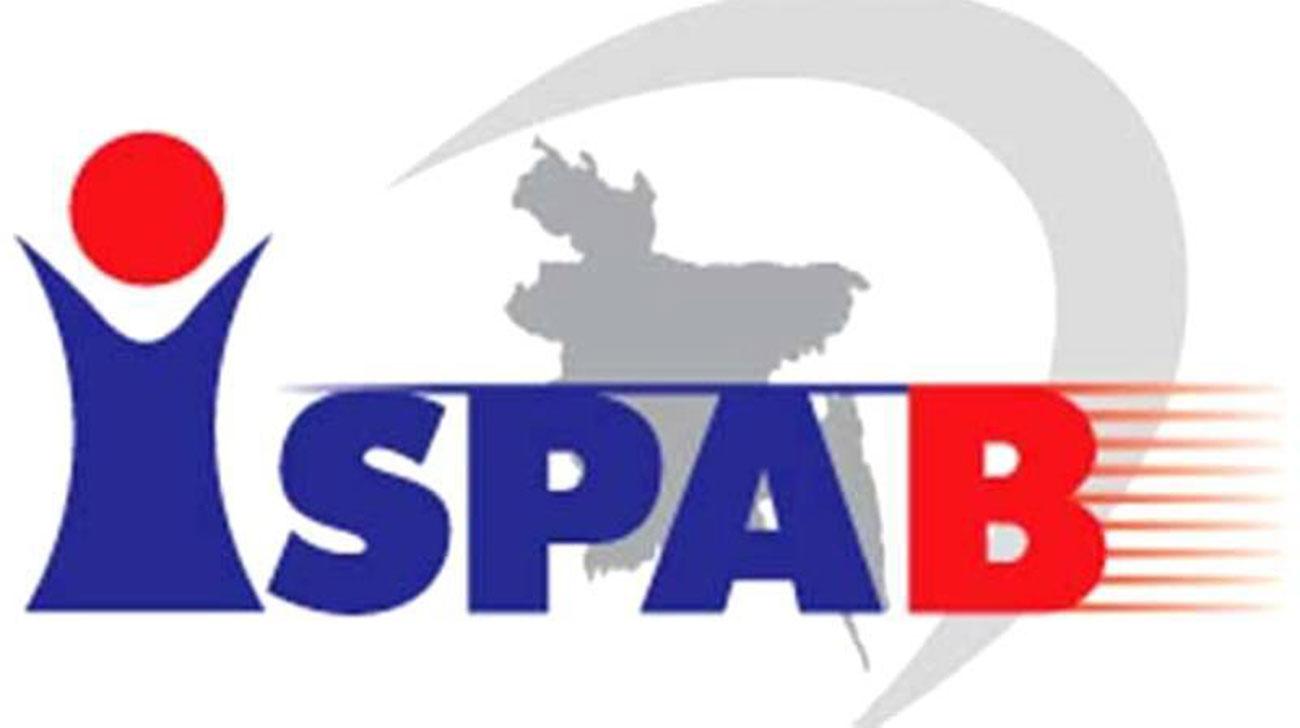IPTV, video on demand available again

Bangladesh Telecommunication Regulatory Commission (BTRC) has withdrawn a bar on internet protocol television (IPTV) and video on demand services two years past suspending the streaming services which have an earnest demand in the market.
On October 2016 the telecom regulator barred the services which gained popularity as a mode of entertainment, mostly in urban areas.
The BTRC withdrew the bar through a letter to all the internet service providers and international internet gateways yesterday, said MA Hakim, president of the Internet Service Providers Association of Bangladesh.
Internet service providers welcomed the government move and expected the services to change the ecosystem entertainment enjoyed though television and the internet.
Usage of data will also get a boost through this move, industry leaders said.
The IPTV is a system where television services are delivered using the internet protocol suite over a packet-switched network such as local area network or the internet, instead of being delivered through traditional terrestrial, satellite signal and cable television formats.
Video on demand allows users to select and watch/listen to video or audio content when they choose to, rather than having to watch at a specific broadcast time.
The IPTV technology is often used to bring video on demand to television and personal computers.
Video streaming service is an on-demand online entertainment source for TV shows, movies and other streaming media. These services provide an alternative to cable and satellite on-demand service, often at a lower cost.
Hakim said the IPTV and video on demand services were blocked at a time when a good number of customers were using those and the telecom regulator stopped it without mentioning any specific region.
“If we can provide these three services, it will help customers enjoy modern services at lower costs,” he said, adding that they were expecting the user number to reach at least two lakh within the next couple of years.
Watching TV through these services need no extra cable link, which will ultimately reduce the amount of overhead cables on the roads and save a huge amount of foreign currency, Hakim added.
Only one cable connection is enough to use broadband and enjoy TV and it can also be used for voice calls, he said.
Earlier, state-owned Bangladesh Telecommunications Company Ltd invested hundreds of crores of taka to develop a “triple play” service, which is also designed for services like IPTV and video on demand. But it was not allowed to run the services.
